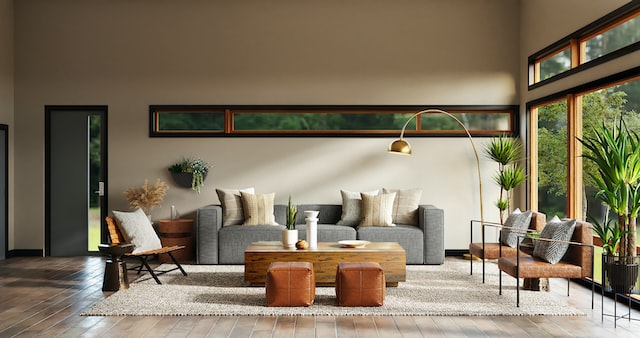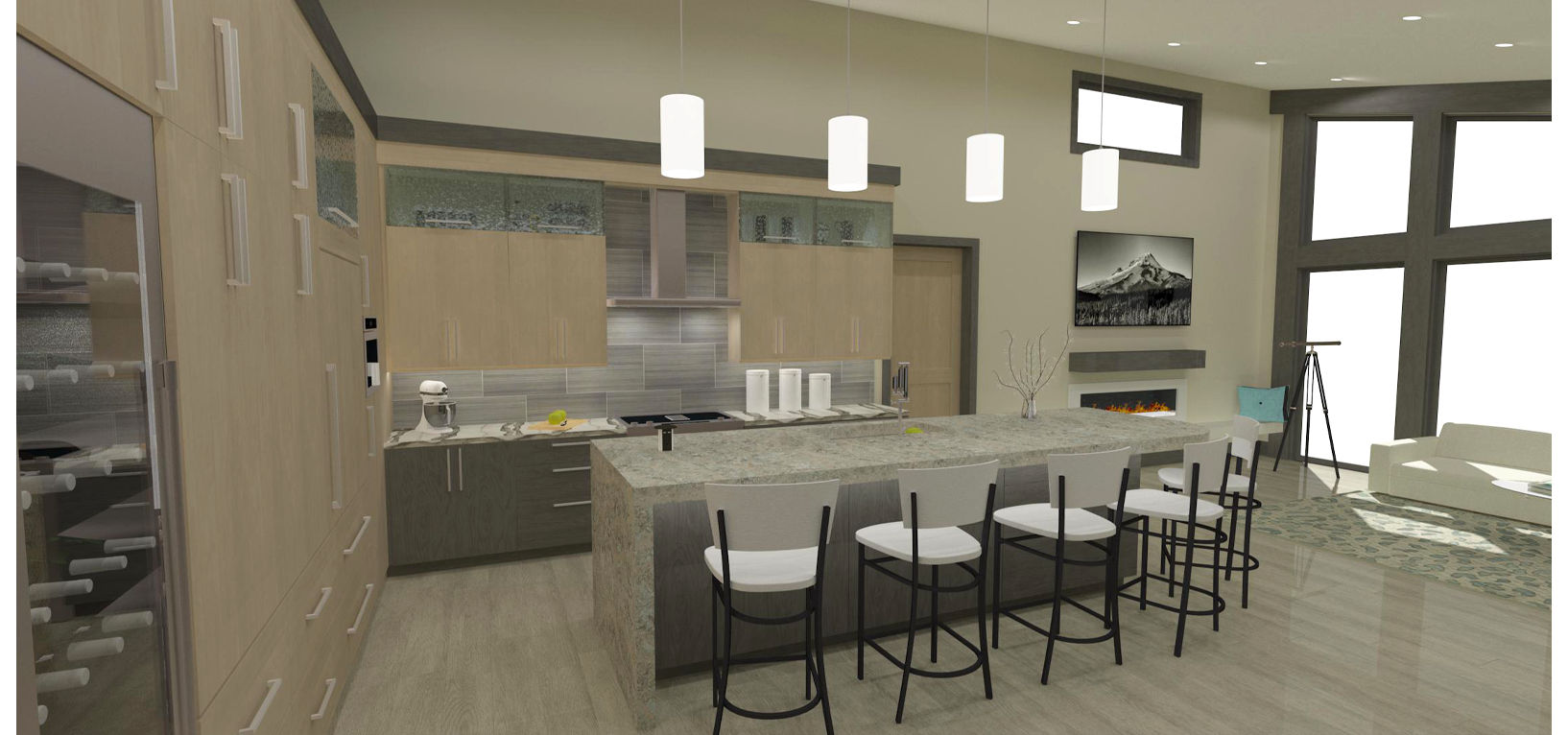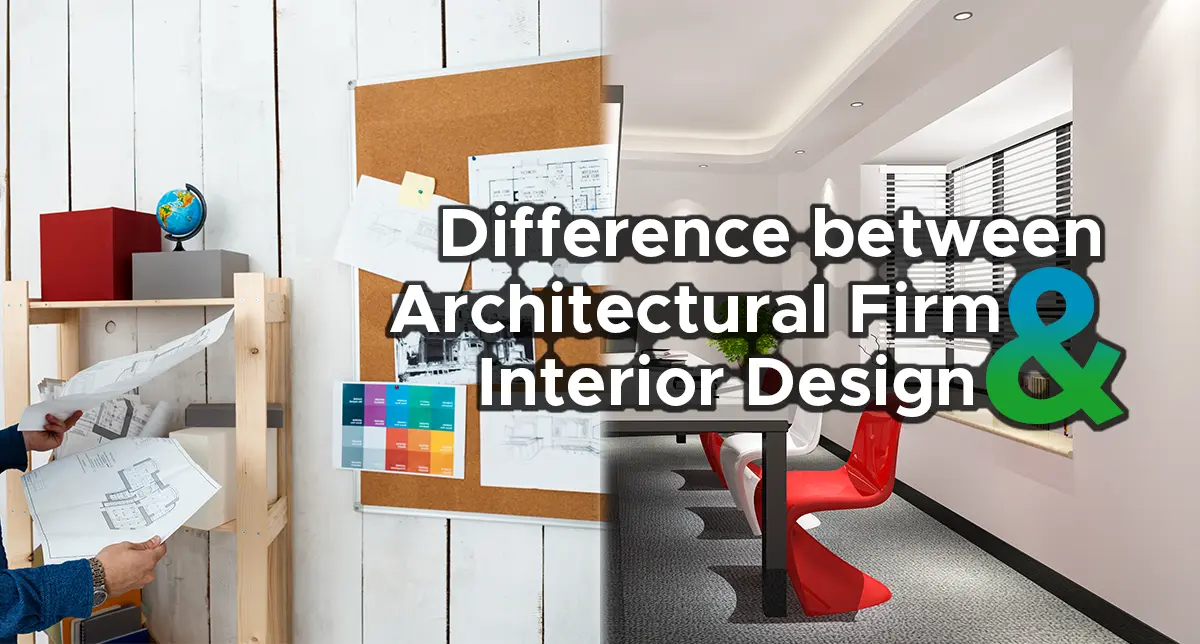Explore the Expertise of Leading Hampshire Architects for Unique Residential Projects
Explore the Expertise of Leading Hampshire Architects for Unique Residential Projects
Blog Article
The Art of Balance: Exactly How Interior Design and Home Designer Collaborate for Stunning Outcomes
In the world of home layout, striking a balance between appearances and performance is no tiny task. This fragile equilibrium is achieved through the harmonious cooperation in between interior designers and designers, each bringing their distinct expertise to the table. The result? Rooms that are not only aesthetically spectacular but also very comfortable. This best mix is not always very easy to obtain. Remain with us as we explore the ins and outs of this collaborative process and its transformative effect on home design.
Comprehending the Core Distinctions Between Interior Decoration and Home Design
While both Interior Design and home design play vital duties in producing cosmetically pleasing and useful rooms, they are naturally various self-controls. Home architecture primarily concentrates on the architectural aspects of the home, such as developing codes, safety and security guidelines, and the physical construction of the room. It takes care of the 'bones' of the framework, dealing with spatial dimensions, load-bearing wall surfaces, and roofing styles. On the other hand, Interior Design is more worried with boosting the visual and sensory experience within that structure. It involves picking and preparing furniture, selecting color pattern, and incorporating ornamental elements. While they function in tandem, their functions, duties, and areas of competence diverge significantly in the production of a harmonious home environment.
The Synergy Between Home Style and Interior Layout
The synergy between home architecture and Interior Design depends on a common vision of design and the improvement of functional aesthetic appeals. When these two areas align sympathetically, they can change a space from common to phenomenal. This cooperation needs a deeper understanding of each technique's principles and the capability to produce a cohesive, aesthetically pleasing environment.
Unifying Layout Vision
Combining the vision for home style and Interior Design can create a harmonious space that is both functional and cosmetically pleasing. The equilibrium starts with an integrated state of mind; designers and interior developers collaborate, each bringing their knowledge. This unison of ideas creates the style vision, a blueprint that guides the job. This shared vision is crucial for uniformity throughout the home, making certain a fluid shift from exterior design to interior areas. It advertises a collaborating strategy where architectural aspects complement Interior Design elements and the other way around. The outcome is a natural living area that shows the property owner's lifestyle, personality, and preference. Therefore, unifying the layout vision is crucial in mixing style and Interior Design for sensational results.
Enhancing Practical Visual Appeals
Just how does the harmony between home style and indoor style boost practical visual appeals? Designers lay the foundation with their structural design, guaranteeing that the room is practical and efficient. An architect may make a home with big home windows and high ceilings.
Value of Partnership in Creating Balanced Spaces
The collaboration in between interior developers and engineers is crucial in creating well balanced areas. It brings consistency in between design and design, giving birth to areas that are not just aesthetically pleasing however additionally useful. Discovering effective joint methods can supply understandings right into how this harmony can be effectively attained.
Balancing Design and Architecture
Equilibrium, a vital aspect of both interior style and architecture, can only truly be achieved when these two areas work in harmony. This collective procedure results in a natural, balanced style where every aspect contributes and has a purpose to the general aesthetic. Integrating style and style is not simply regarding developing beautiful spaces, but regarding crafting spaces that function perfectly for their occupants.
Successful Collective Techniques

Instance Studies: Effective Combination of Layout and Design
Checking out numerous case researches, it ends up being noticeable just how the successful assimilation of Interior Design and style can change a room. The Glass Residence in Connecticut, renowned for its minimalistic beauty, is one such instance. Designer Philip Johnson and indoor developer Mies van der Rohe collaborated to produce a harmonious balance in between the inside and the framework, resulting in a seamless circulation from the outside landscape to the internal living quarters. Another prototype is the Fallingwater House in Pennsylvania. Designer Frank Lloyd Wright and indoor designer Edgar Kaufmann Jr.'s collective initiatives lead to a strikingly special home that blends with its natural environments. These instance studies underscore the profound influence of a successful style and style cooperation.

Conquering Obstacles in Design and Architecture Collaboration
Despite the obvious advantages of a successful collaboration in between Interior Design and design, it is not without its difficulties. Communication problems can occur, as both celebrations may use various terms, understandings, and approaches in their job. This can bring about misconceptions and delays in job conclusion. One more major difficulty is the balancing act of appearances and performance. Architects might prioritize architectural integrity and safety, while designers concentrate on convenience and design. The assimilation of these purposes can be complex. Additionally, budget plan and timeline restraints commonly include stress, potentially creating breaks in the partnership. Reliable communication, common understanding, and concession are critical to get over these difficulties and accomplish a successful and harmonious partnership.

Future Fads: The Developing Partnership Between Home Architects and Interior Designers
As the globe of home style proceeds to evolve, so does the relationship between designers and interior developers. The pattern leans towards a much more collaborative and integrated method, breaking without typical duties. Designers are no more solely concentrated on architectural integrity, but likewise participate in boosting visual allure - Winchester architect. Conversely, indoor designers are welcoming technical aspects, affecting general design and capability. This progressing symbiosis is driven by developments in modern technology and the growing need for areas that are not only visually pleasing but likewise useful and lasting. The future guarantees a much more natural, innovative, and adaptive method to home layout, as architects and designers remain to blur the lines, cultivating a connection that absolutely symbolizes the art of equilibrium.
Final thought
The art of equilibrium in home style is attained through the unified collaboration in between indoor developers and architects. An understanding of each various other's disciplines, efficient communication, and shared vision are important in developing visually magnificent, useful, and welcoming spaces. Despite challenges, this collaboration fosters growth and technology in style. helpful site As the relationship in between home site link designers and interior designers evolves, it will certainly remain to shape future fads, improving comfort, effectiveness, and individual expression in our space.
While both indoor style and home style play necessary roles in developing visually pleasing and practical areas, they are naturally different disciplines.The synergy in between home architecture and indoor design lies in a common vision of layout and the improvement of useful appearances.Unifying the vision for home design and interior layout can produce a harmonious living area that is both functional and visually pleasing. Therefore, unifying the layout vision is essential in mixing architecture and indoor style for stunning results.
Exactly how does the harmony in between home architecture and interior layout enhance functional looks? (Winchester architect)
Report this page